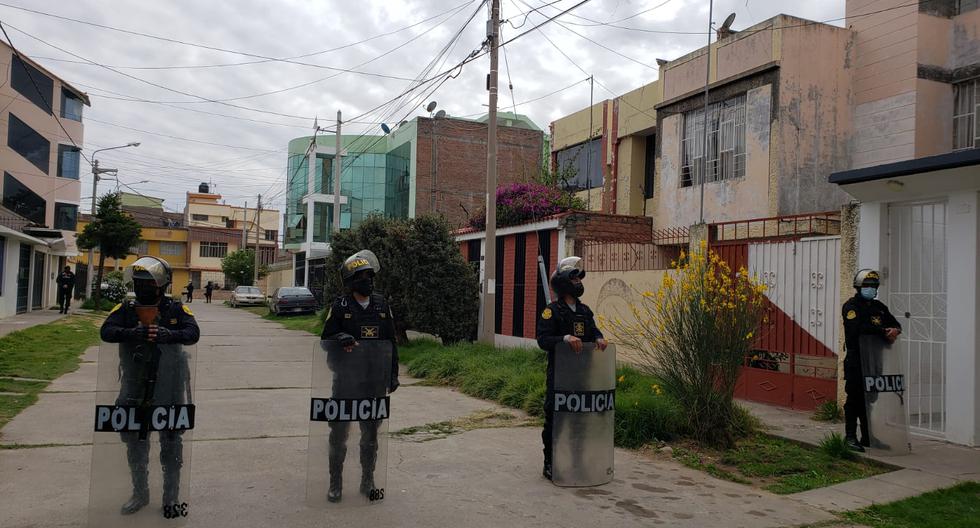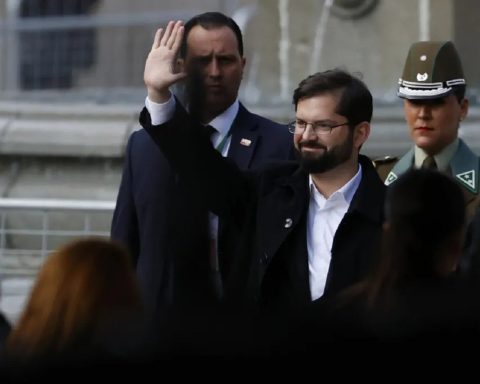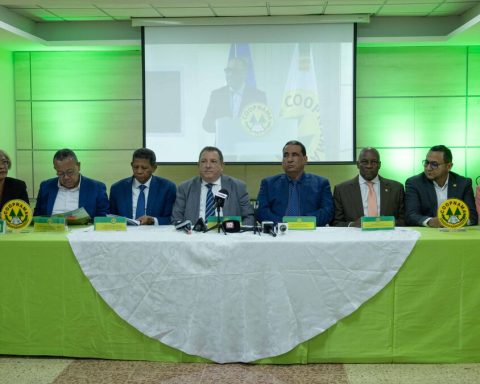President Mario Abdo Benítez decided to partially veto the controversial project that modifies the law on sworn statements, in which the omission or forgetfulness of data would not be sanctioned, in addition to subtracting powers from the Comptroller General of the Republic in the event of possible irregularities.
During a press conference held this afternoon, it was announced that the Executive Branch resolved to partially object to the project that seeks to modify Law 5033/13 “Which regulates article 104 of the National Constitution, of the affidavit of assets and income, assets and liabilities of public officials.
The head of the Civil Cabinet of the Presidency, Hernán Huttemann, explained that the veto of the head of state focuses specifically on article 14 of the aforementioned bill, which was recently approved in Congress.
The first paragraph of the current law establishes the possibility that officials can rectify their sworn statements in case there is an error or omission not attributable to the declarant at the time of filing, while the second paragraph mentions the duty of the Comptroller General of the Republic to file a complaint with the Prosecutor’s Office in case of detecting “errors or omissions attributable to the declarant”.
On the other hand, the project approved in Parliament indicates that as many rectifications as the officials consider pertinent can be made, in addition to reducing the powers of the Comptroller’s Office to file complaints with the Public Ministry in case of detecting irregularities.
This last point was questioned due to the fact that any case of omission or forgetfulness of data in the sworn declarations would not be sanctioned, allowing public officials to avoid providing certain details.
“We believe that this channel that the Comptroller has today would be called into question if this bill is approved. The Comptroller General of the Republic plays a preponderant role within the government control system and in the accountability system,” Huttemann mentioned.
With this partial veto, the document returns to Congress where it must be analyzed by both chambers.

















